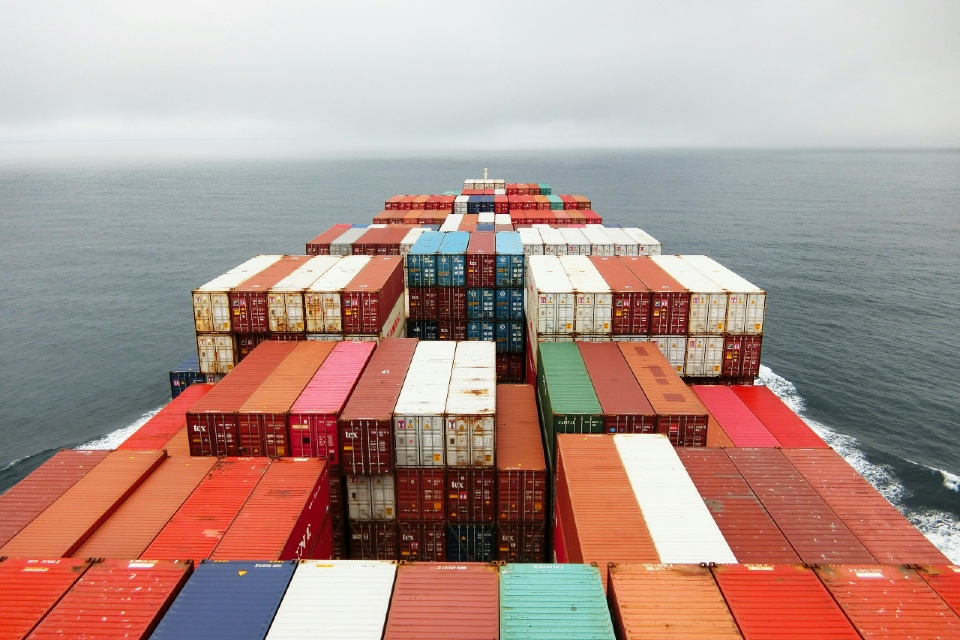Ongoing attacks by Houthi rebels on cargo ships in the Red Sea are continuing to cause supply disruptions for retailers, as stock deliveries have been delayed and many vessels have been forced to reroute around South Africa’s Cape of Good Hope.
The route can add an extra 10 to 14 days to cargo ships’ journey times compared to travelling through the Red Sea and the Suez Canal. So what is the economic impact of this latest disruption?
The disruptions are also noticeable in the stock exchange, and UK manufacturers announced they have experienced growing supply chain difficulties, as the Red Sea crisis led to the rerouting of deliveries of raw materials, components and other goods away from the Suez Canal.
Moreover, fashion retailers expect to receive summer clothing around this time frame, but due to delivery delays, they are having difficulty sourcing from countries such as Turkey and Morocco and the UK to avoid the longer lead times and high prices associated with rerouting from Asia, so they have ramped up nearshoring.
While there are a range of options open to shippers, from using air cargo; modifying cargo loads; and using alternative routing options, these will likely impact shipping economics and vessel profitability. Ultimately, these costs will end up being passed down to businesses and consumers if goods are not delivered on time.
Bernhard Schmaldienst, Director of the Visibility Tribe at Transporeon, a Trimble Company, commented: “Many companies have begun to reroute ships south to sail around the Cape of Good Hope, but the diversion comes with a delay of two to four weeks to a round-trip voyage delay and added costs between $1.5 million to $2 million more in fuel costs per ship. According to Transporeon’s data, the price of container shipping from Asia to Europe surged in January and is now levelling out at about +200% in comparison to Dec 2023.
“In today’s economic climate and with unexpected delays due to Houthi rebels, shippers need to invest in a smart transportation management platform with embedded visibility to mitigate additional costs being passed to consumers, while still keeping up with demand. With roughly 12% of total world trade and 30% of all global container traffic travelling through the canal every year (about $1 trillion in cargo), this is a critical waterway.
“Therefore, shippers should weigh up their options to get their cargo to its intended destinations on time to keep up with consumer demand. As the Red Sea’s situation will not improve over the next fortnight, strategic and agile planning will become even more crucial in order to deliver goods on time.”
Photo by Rinson Chory on Unsplash







